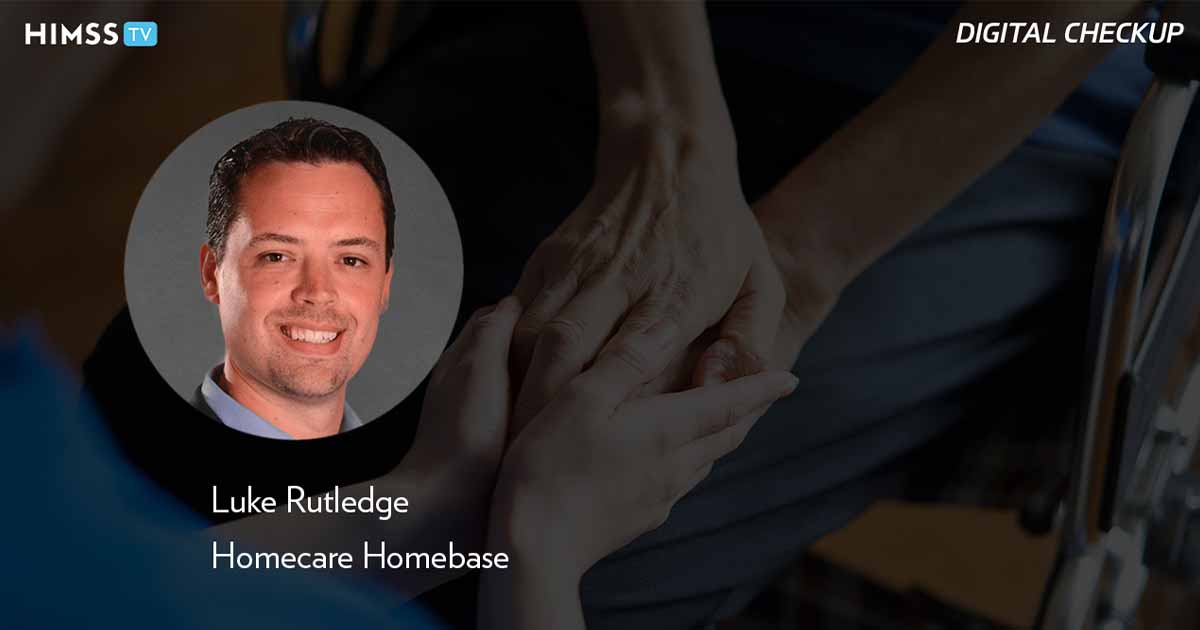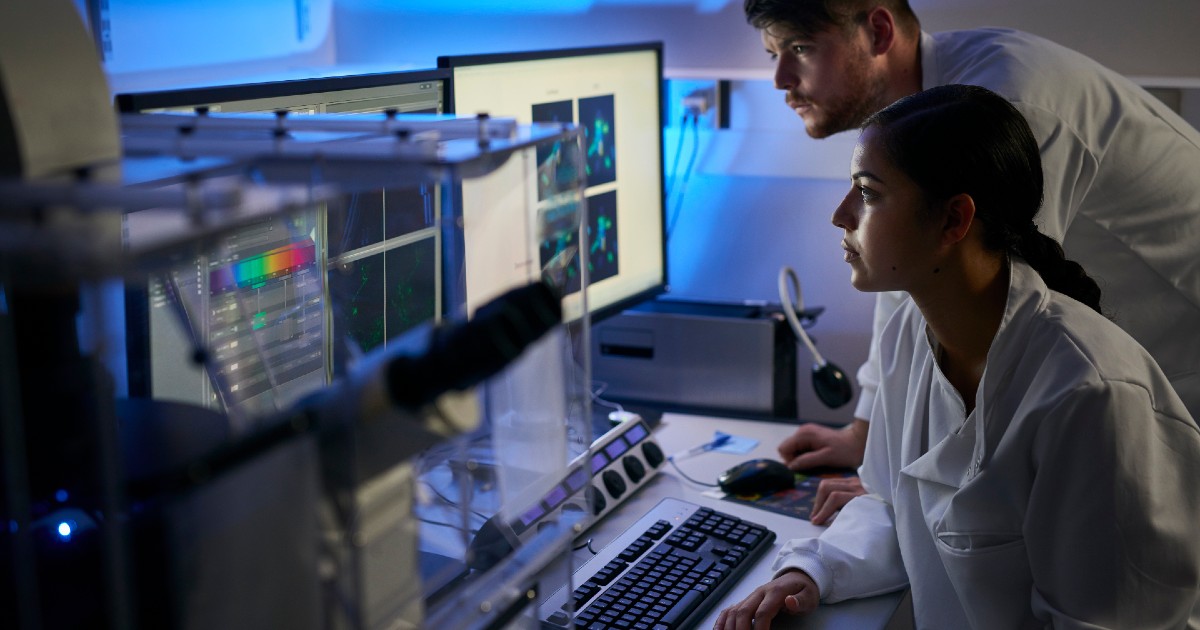Clinical
Luke Rutledge, president of Homecare Homebase, says a 0.5% payment increase in the rule does not meet demands of the inflation rate and staffing.
HIMSS senior digital health advisor Widi Salim says the AMAM24 now helps hospitals shift their focus from data to actual analytics outcomes.
Dr. Samuel Browd of UW and Seattle Children's hospital, and the CMO at Proprio, discusses the questions he's hearing from patients about artificial intelligence in healthcare, and describes how AI is changing how he practices and performs surgery.
The hospital in Busan, which conducts 40,000 surgeries each year, has been developing various medical AI assistants through the government's Dr Answer project, says Dr Hoseok I, vice president and CIO at Pusan National University Hospital.
Miquel-Angel Garcia of Olympus Corporation's Endoscopy Solutions Division explains the aim and focus on alleviating clinicians' administrative and cognitive burden while also prioritizing resource efficiency at uncompromised quality of patient care.
An AI-powered "mission control centre" will streamline access to all data across Seoul National University Bundang Hospital to support clinicians' decision-making, says CIO Dr Seyoung Jung.
New research from the University of Minnesota shows wide discrepancies, not just with artificial intelligence adoption, but with how well providers are equipped – financially and technically – to assess their AI tools for efficacy and integrity.
The development and use of virtual reality apps for medical training offer unique benefits in the healthcare setting, say Dr. Sarah Hoffe and Brian Gonzalez of the Moffitt Cancer Center. They will share their expertise at HIMSS25.
A private healthcare provider in India went from manual to automated patient monitoring.
The Drug Enforcement Administration is excusing Veterans Affairs' virtual care providers from participating in a federal telehealth controlled substance registry framework if the patient had a previous in-person visit.









